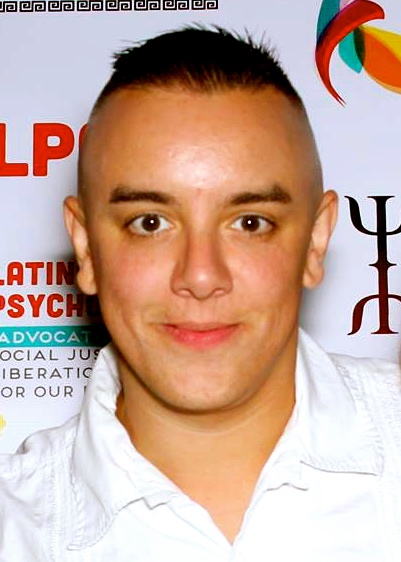A Participatory Action Study of the Wellbeing of LGBTQ+ Individuals in Southern Brazil Who Experience Multiple Forms of Marginalization Using an Intersectional Framework
Brazil has one of the world’s highest rates of homicide against LGBTQ+ individuals. According to the Grupo Gay da Bahia (Gay Group of Bahia), homophobic and transphobic violence are associated with the deaths of hundreds of LGBTQ+ individuals each year. This pattern disproportionately affects Brazilian transgender individuals, particularly transgender women, which according to Brazil’s National Association of Travestis and Transsexuals (ANTRA), experience the highest rates of homicide in the world. LGBTQ+ individuals face significant discrimination and harassment in the form of physical and verbal assault as well as sexual violence. They may experience high rates of discrimination across various domains of life, including in healthcare (e.g., refusal of care, disrespectful treatment, and inadequate access to LGBTQ+-inclusive services), housing (e.g., housing denial, unfair eviction), legal discrimination (e.g., challenges to legal recognition of their relationships and adoption rights) as well as employment-based discrimination (e.g., unfair dismissal, denied job opportunities). It is widely believed that many, if not most cases of violence directed at LGBTQ+ individuals go unreported due to stigma, fear of retaliation, and mistrust in law enforcement.
Thus, these estimates likely do not capture the full extent to which LGBTQ+ individuals are marginalized and vulnerable within Brazilian society. Furthermore, the southern Brazilian state of Rio Grande do Sul is a particularly important context to examine these patterns given stereotypes of hypermasculinity among men, and adherence to traditional gender roles attached to southern Brazilian families, known correlates of violent forms of heterosexism and transphobia. Overall, these patterns underscore a need to better address these disparities and to promote the wellbeing of LGBTQ+ individuals in Brazil in general, and especially within the southern Brazilian context. The goal of our study is to center the voices of LGBTQ+ individuals in southern Brazil who also experience other forms of discrimination due to race-, gender-, and class-based discrimination. Our participatory action research (PAR) design aims to center the voices of community members to ensure that the content of our collaborative process reflect their daily lives, experiences, and needs. Drawing on the partnership of scholars who bring different expertise and experiences pertinent to the proposed study, we aim to honor the everyday resistance and resilience alongside LGBTQ+ individuals residing in southern Brazil who experience multiple forms of marginalization.
Image Source credit: Reprodução/RBS TV
People
Carlos Santos
Carlos Santos is Associate Professor of Social Welfare in the UCLA Luskin School of Public Affairs. He holds a B.A. and Ph.D. in developmental psychology from NYU, and an M.Ed. from Harvard. His research focuses on ethnic-racial, gender, and sexual minority identity in relation to developmental outcomes using an intersectional approach. He was awarded early career awards for achievement in research from three different national professional associations. His research has been funded by NSF, NIH and Santos is a member of the National Academy of Sciences’ Forum on Children’s Well-Being.



